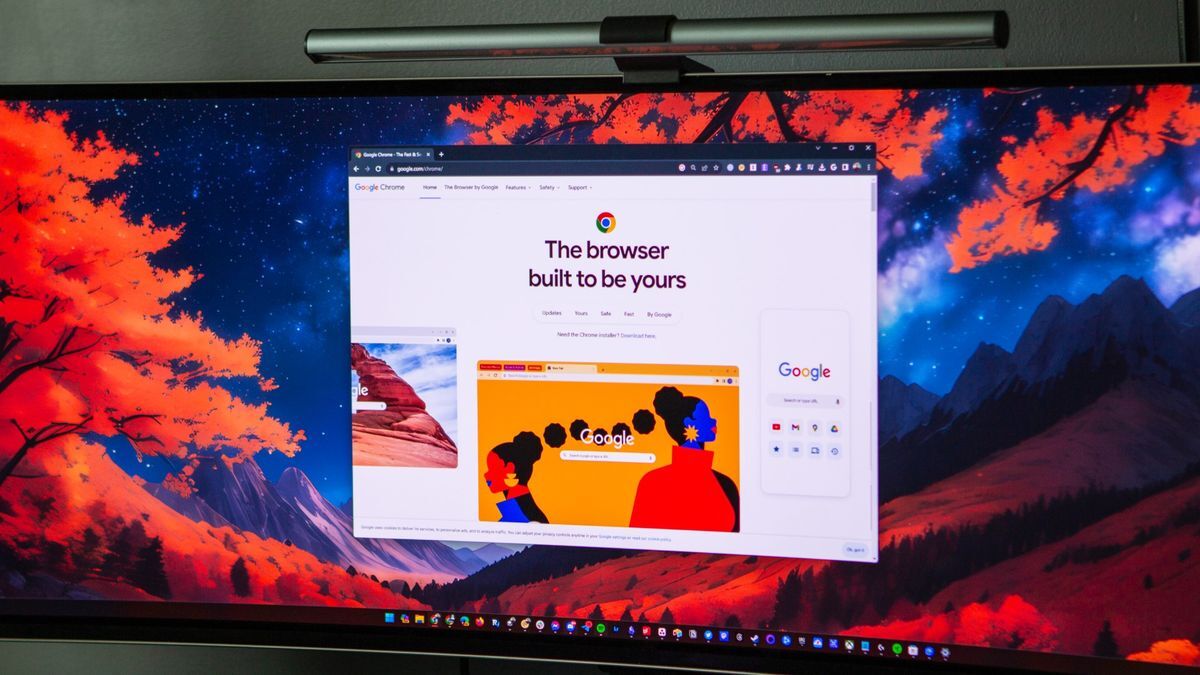Google’s campaign against ad blockers across its services just got more aggressive. According to a report by PC World, the company has made some alterations to its extension support on Google Chrome.
Google Chrome recently changed its extension support from the Manifest V2 framework to the new Manifest V3 framework. The browser policy changes will impact one of the most popular adblockers (arguably), uBlock Origin.
The transition to the Manifest V3 framework means extensions like uBlock Origin can’t use remotely hosted code. According to Google, it “presents security risks by allowing unreviewed code to be executed in extensions.” The new policy changes will only allow an extension to execute JavaScript as part of its package.
Over 30 million Google Chrome users use uBlock Origin, but the tool will be automatically disabled soon via an update. Google will let users enable the feature via the settings for a limited period before it’s completely scrapped. From this point, users will be forced to switch to another browser or choose another ad blocker.



Honestly, I blame developers who, some years ago, decided it was a good idea to centralize the browsers into the same engine. Yeah, it was hellish to maintain code for all browsers at the time (IE5, IE6, Firefox, Safari, etc), but it was paradise compared to our current scenario: at least we really had options: WebKit, Trident, Gecko, as well as lots of smaller, almost unknown engines. Now, all modern browsers are different wrappings of Chromium or Firefox, while most modern sites are developed without the active worry to keep Firefox compatible (one can notice how modern HTML5 features varies across both of them). It has no easy solution. Don’t update, maybe? (Until sites start to complain about the outdated version)